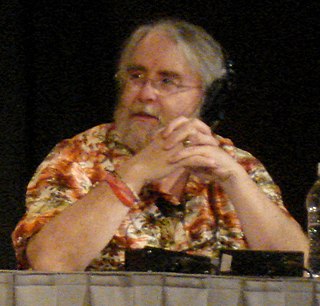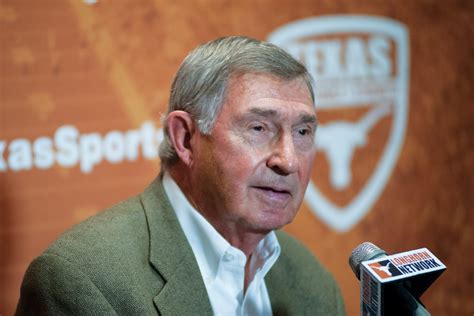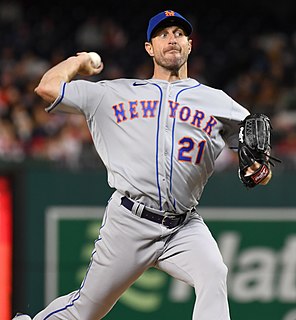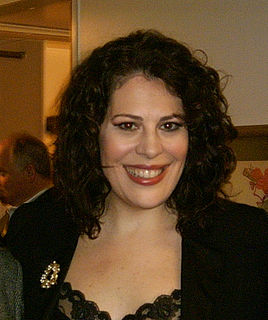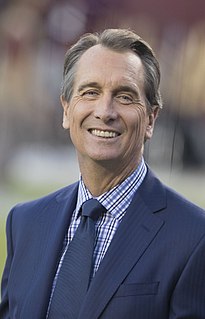A Quote by Frank Deford
So much about big-time college sports is criticized. But the worst scandal is almost never mentioned: the academic fraud wherein the student-athletes, so-called, are admitted without even remotely adequate credentials and then aren't educated so much as they are just kept eligible.
Related Quotes
If you offer athletes stipends, then you're into pay-for-play, and that's the ballgame. People should realize that, and they should realize that amateurism never has been a sustainable model for a sports-entertainment industry. It wasn't in tennis. It wasn't in the Olympics. And it's not in big-time college sports.
When I was in school, I was very much into just sports, mostly basketball, and didn't really see myself as much of a student. But once I got into college, I figured I wasn't going to be play beyond college. I started to think what was I going to do, since I wouldn't be able to make a living with basketball. There were a couple of things I liked to do. I wrote poetry, spoken word mostly.
The APR provides a real-time snapshot of what is happening with our individual student-athletes today. However, it does not address some of the realities that exist in sports played during the spring semester, where student-athletes accept professional opportunities before graduating or before exhausting their eligibility.
When I am directing, it is much, much, much, much, much different. I'm a much more practical person in the world, I show up on time, I am very rigorous about scheduling, and I am very focused. But when I'm writing I am just a big, irresponsible mess and I'm just impossible to get in touch with, and I don't spend time with friends.
A Dominican monk, Father Henri Didon, used it as a watchword for his pupils in sports at Arcueil College in Paris. Baron Pierre De Coubertin, founder of the modern Olympics, made it the Olympic Games ideal adopted at the Antwerp Games in 1920. I never mentioned winning to my players. I mentioned constantly that all I wanted them to do was the best they could. If they're good enough, the score will be to their liking; if they're not, it won't be but that's nothing to hang their head about. Sometimes the other fellow is just better than you are.

